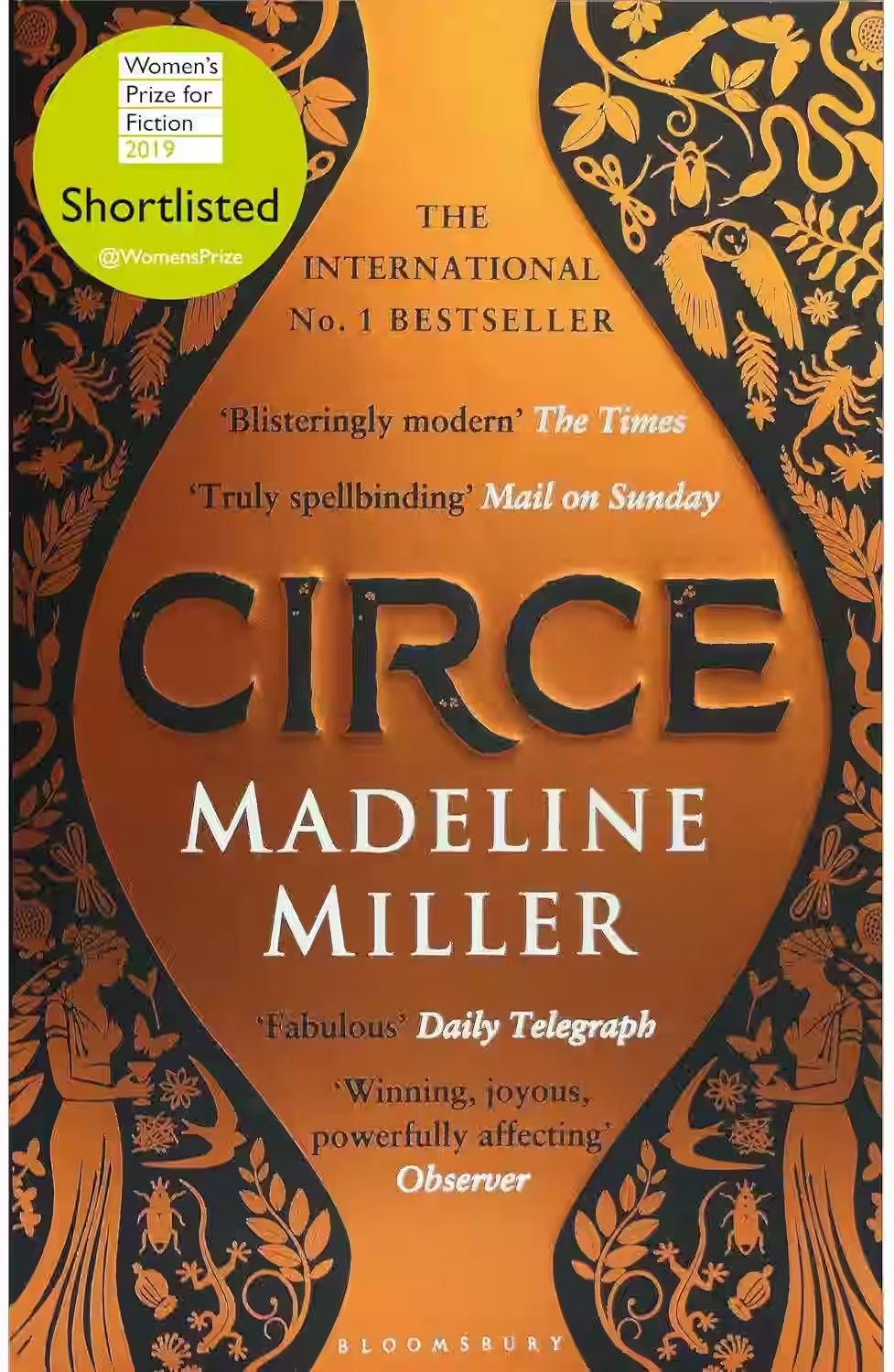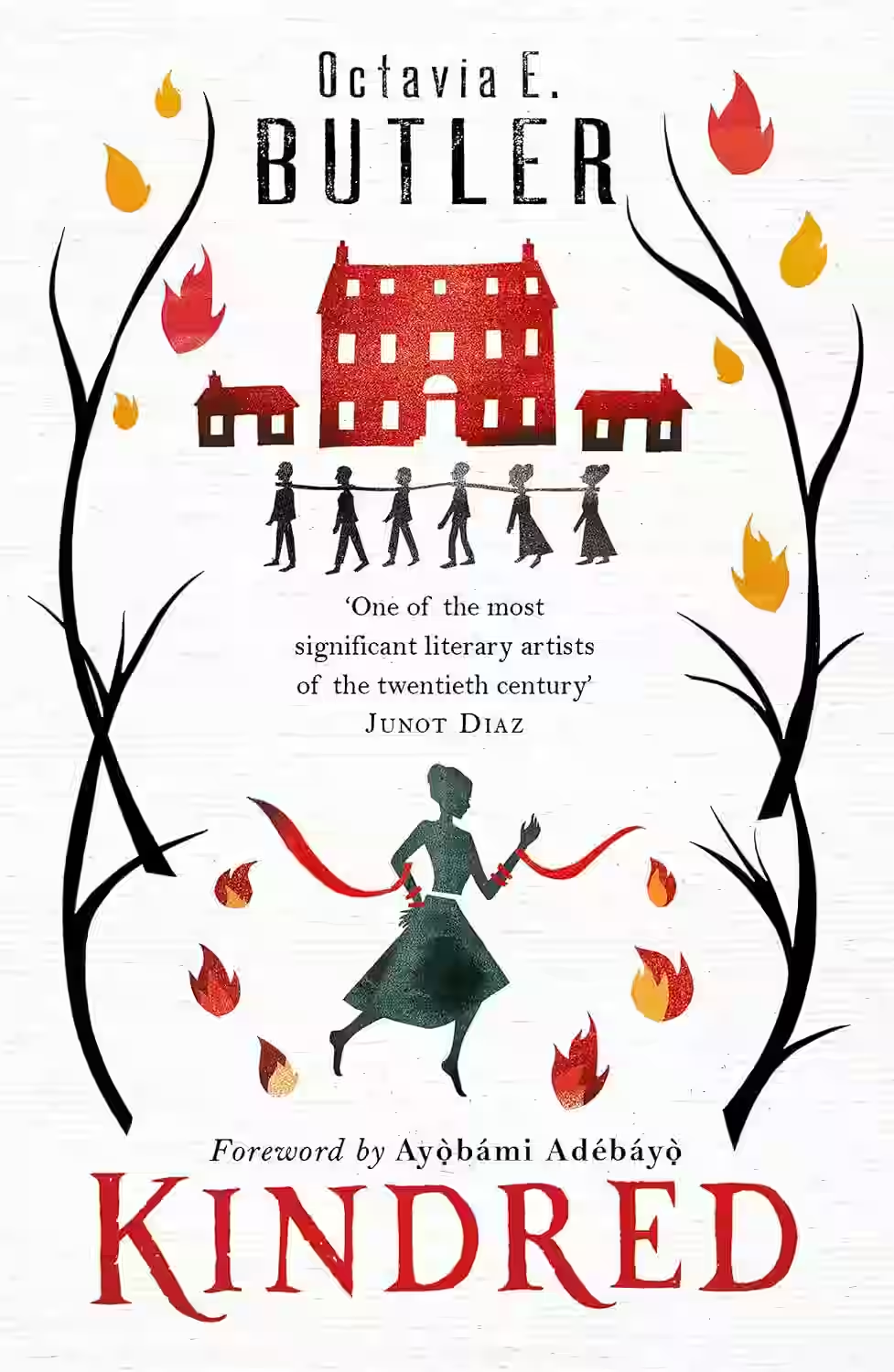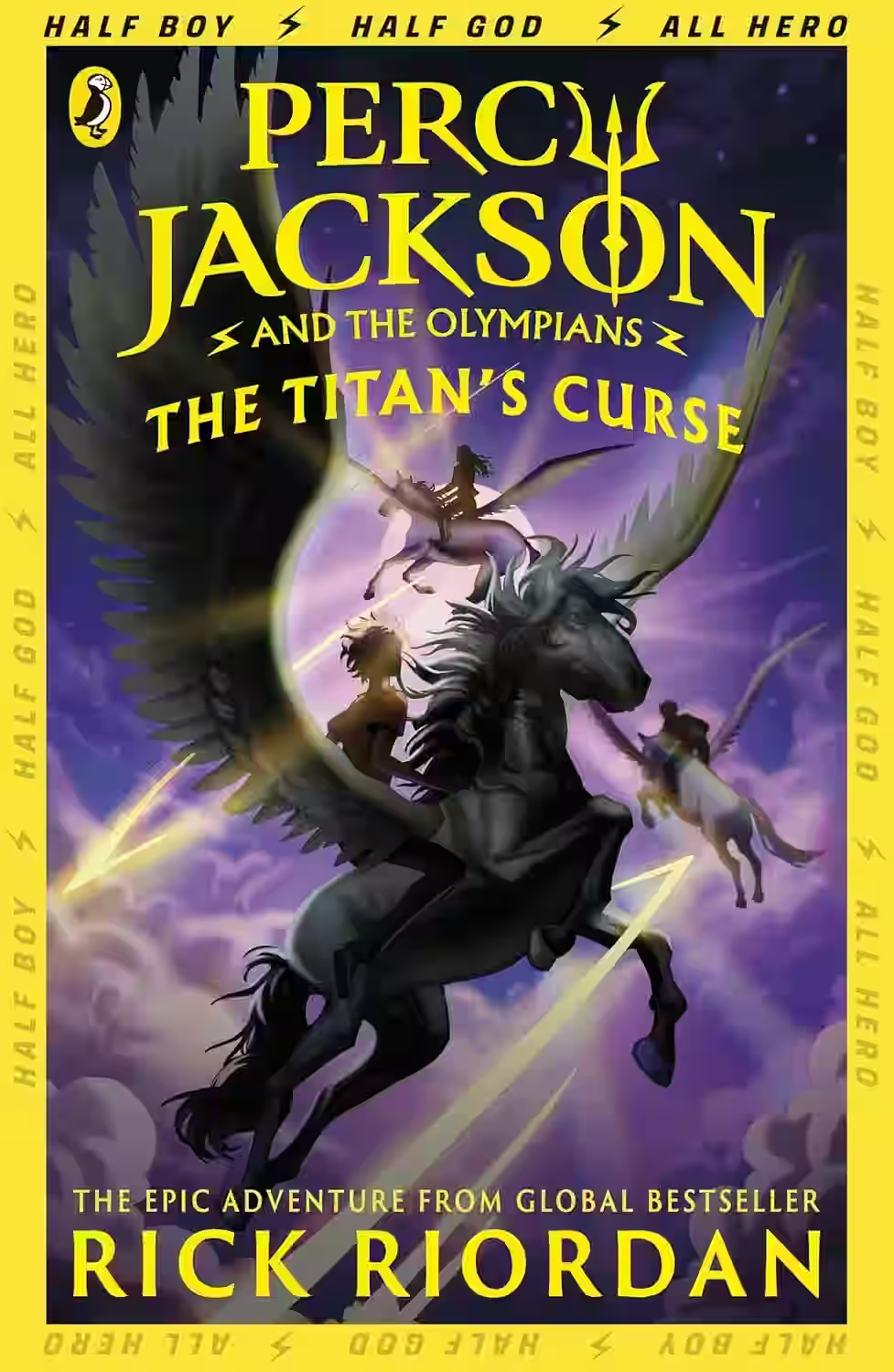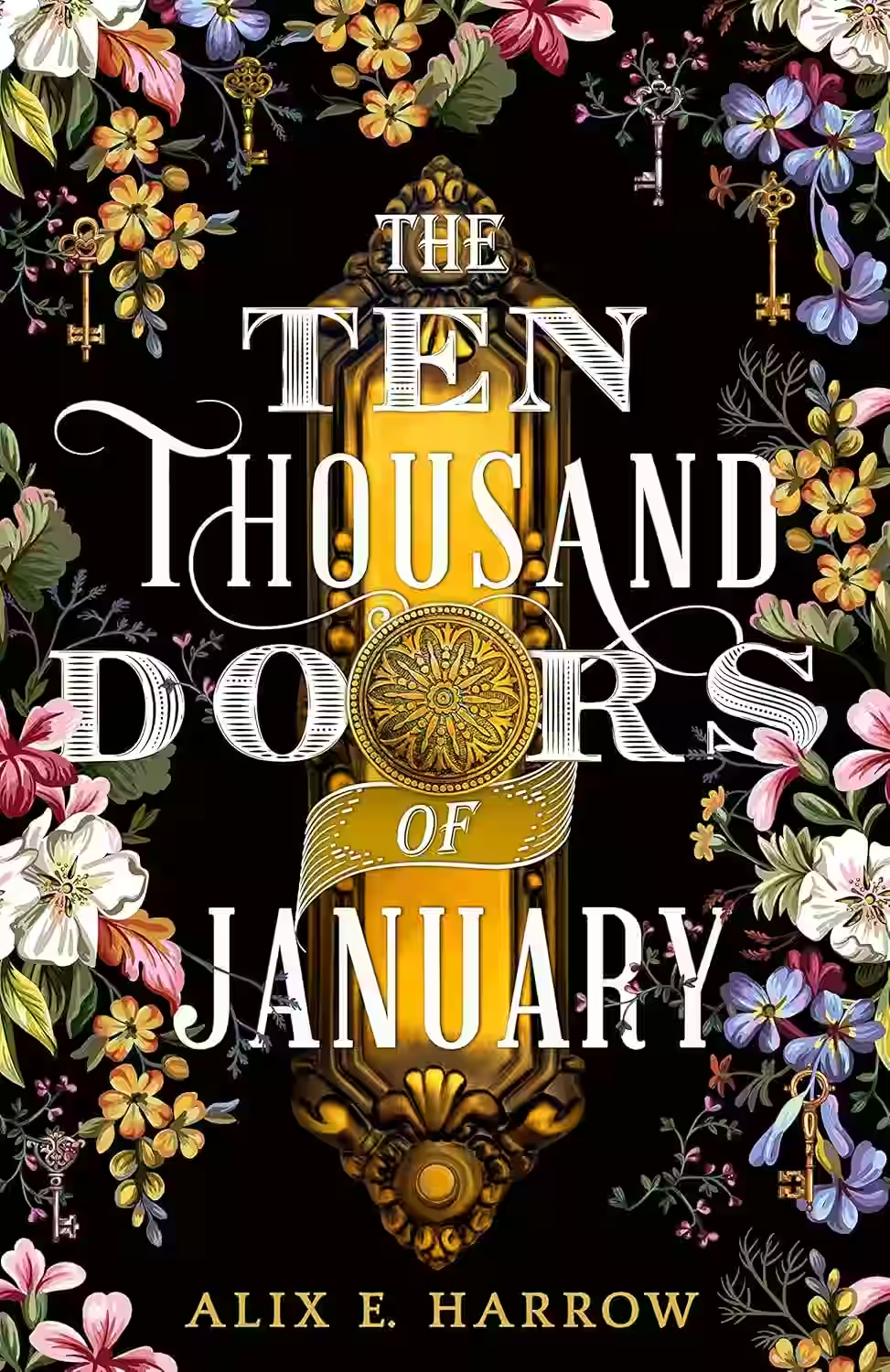
In the house of Helios, god of the sun and mightiest of the Titans, a daughter is born. Circe is a strange child not powerful and terrible, like her father, nor gorgeous and mercenary like her mother. Scorned and rejected, Circe grows up in the shadows, at home in neither the world of gods or mortals. But Circe has a dark power of her own- witchcraft. When her gift threatens the gods, she is banished to the island of Aiaia where she hones her occult craft, casting spells, gathering strange herbs and taming wild beasts. Yet a woman who stands alone will never be left in peace for long and among her island's guests is an unexpected visitor- the mortal Odysseus, for whom Circe will risk everything. So Circe sets forth her tale, a vivid, mesmerizing epic of family rivalry, love and loss the defiant, inextinguishable song of woman burning hot and bright through the darkness of a man's world.
About Madeline Miller
An American author known for her beautifully written and critically acclaimed novels that reimagine Greek mythology. Her works, The Song of Achilles and Circe, offer fresh and compelling perspectives on classic tales, bringing ancient heroes and gods to life with vivid detail and emotional depth. Miller's lyrical prose and insightful characterizations have earned her a dedicated readership.
Other Books by Madeline Miller

The Song of Achilles
In this lyrical retelling of Greek mythology, the awkward young prince Patroclus falls in love with the legendary warrior Achilles. As they grow from boys to men, their bond is tested by fate, war, and the gods themselves. Set against the backdrop of the Trojan War, the novel explores themes of love, honor, and the cost of greatness.
Similar Books

Kindred
In 1976, Dana dreams of being a writer. In 1815, she is assumed a slave. When Dana first meets Rufus on a Maryland plantation, he's drowning. She saves his life - and it will happen again and again. Neither of them understands his power to summon her whenever his life is threatened, nor the significance of the ties that bind them. And each time Dana saves him, the more aware she is that her own life might be over before it's even begun.

A Thousand Ships
Natalie Haynes' 'A Thousand Ships' is a masterful retelling of the Trojan War, as narrated from the overlooked perspectives of women. Embedding the stories of queens, warriors, and survivors, Haynes gives voice to characters such as Hecuba, Cassandra, and Penelope, shedding light on their trials and triumphs. The novel skillfully weaves various mythological strands, delivering a poignant exploration of grief, resilience, and the enduring power of storytelling. Haynes' sharp, empathetic prose reinvigorates ancient myths, illustrating the timelessness of their themes. 'A Thousand Ships' is both an evocative homage to the epic tradition and a powerful feminist reimagining, offering a resonant message about who gets to be heard in history.

Percy Jackson and the Titan's Curse
by Rick Riordan
Series: Percy Jackson and the Olympians (#3)
In 'Percy Jackson and the Titan's Curse,' the adventurous demigod Percy Jackson embarks on a perilous quest to rescue his kidnapped friend Annabeth and the goddess Artemis. As part of the Camp Half-Blood crew, Percy and his new allies face formidable challenges orchestrated by the malevolent Titan, Kronos. This third installment in Rick Riordan's captivating series blends modern-day settings with mythological elements, creating a thrilling and fast-paced narrative. Riordan expertly weaves themes of friendship, loyalty, and self-discovery into the action-packed storyline. With its engaging characters and humor, the book continues to captivate readers, making it a must-read for young adult fans of fantasy and mythology.

The Ten Thousand Doors of January
Alix E. Harrow’s The Ten Thousand Doors of January is a historical fantasy about January Scaller, a girl who discovers magical doors that lead to other worlds. Living under the care of a wealthy collector in early 1900s America, she finds a book that reveals hidden truths about her past—and the power of stories to reshape reality. As January seeks to reclaim her identity and navigate between worlds, she battles forces that seek to close the doors forever. A beautifully written novel about transformation, freedom, and the power of words, it’s a love letter to imagination and possibility.